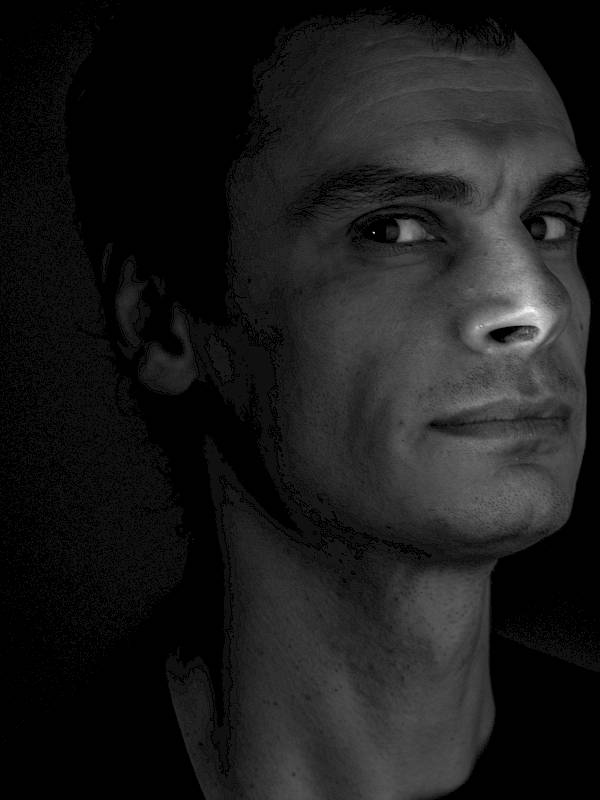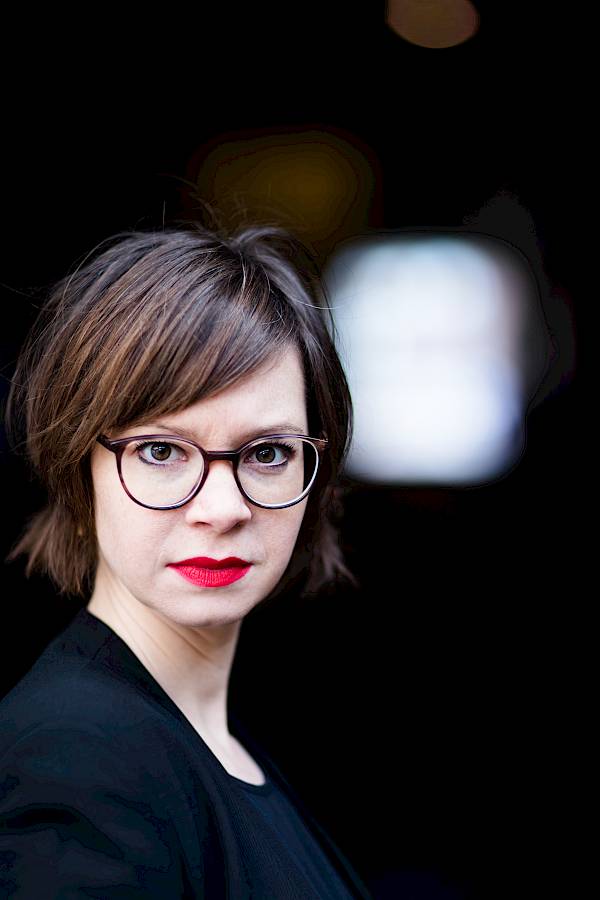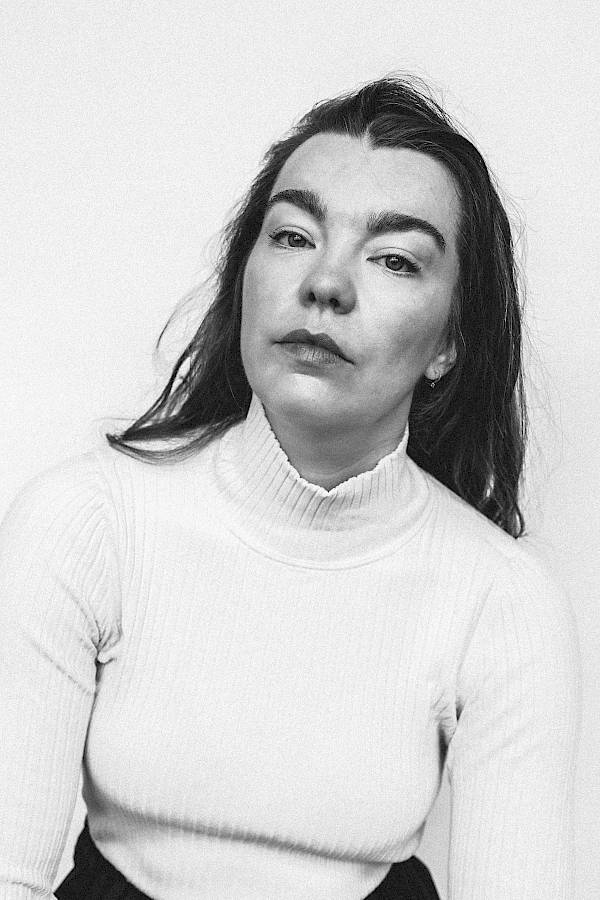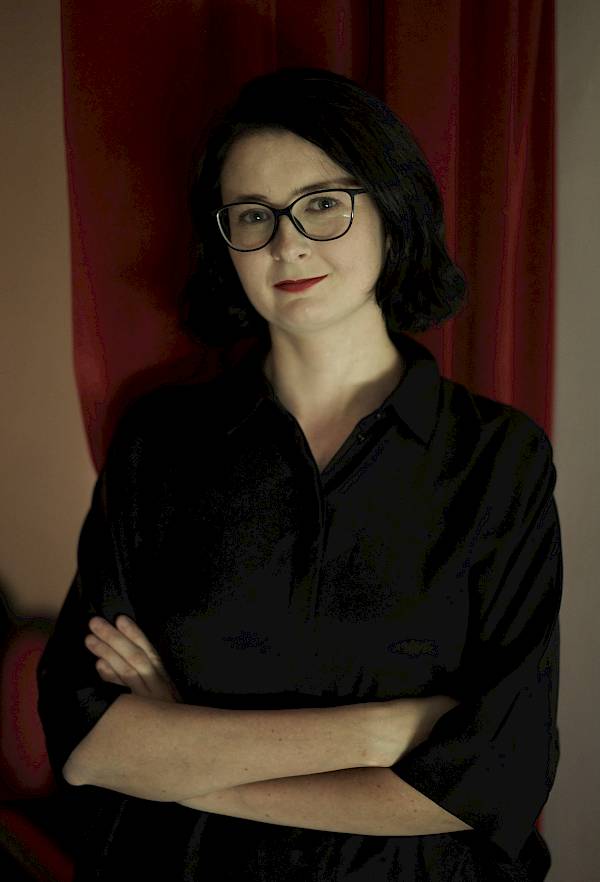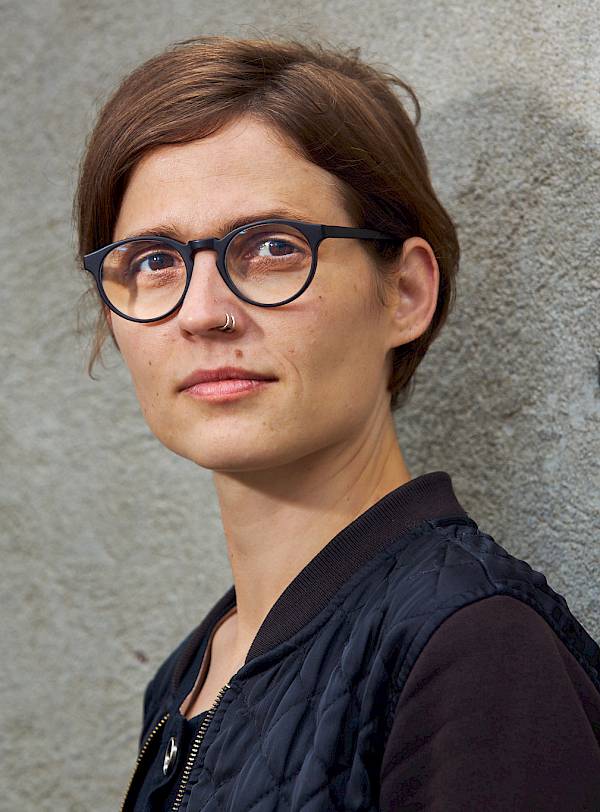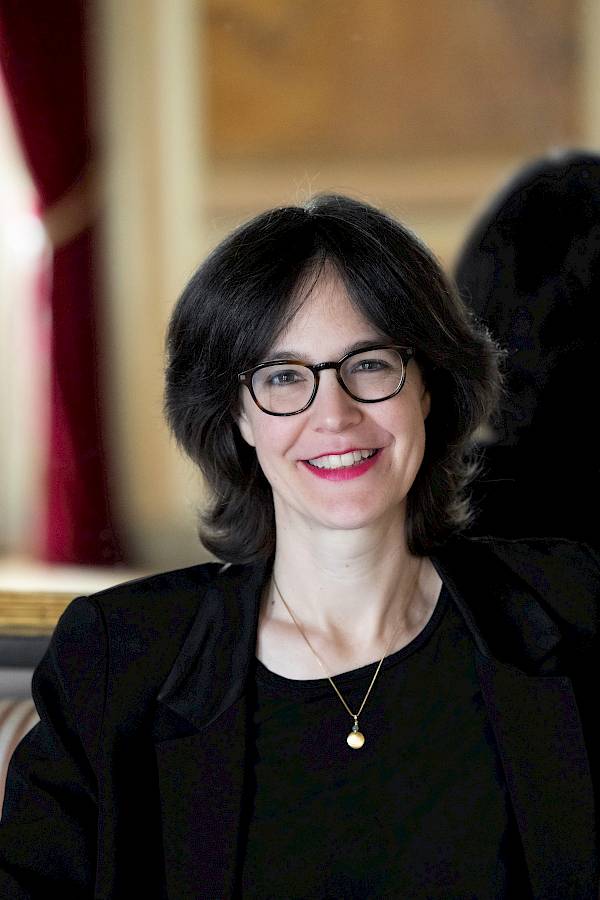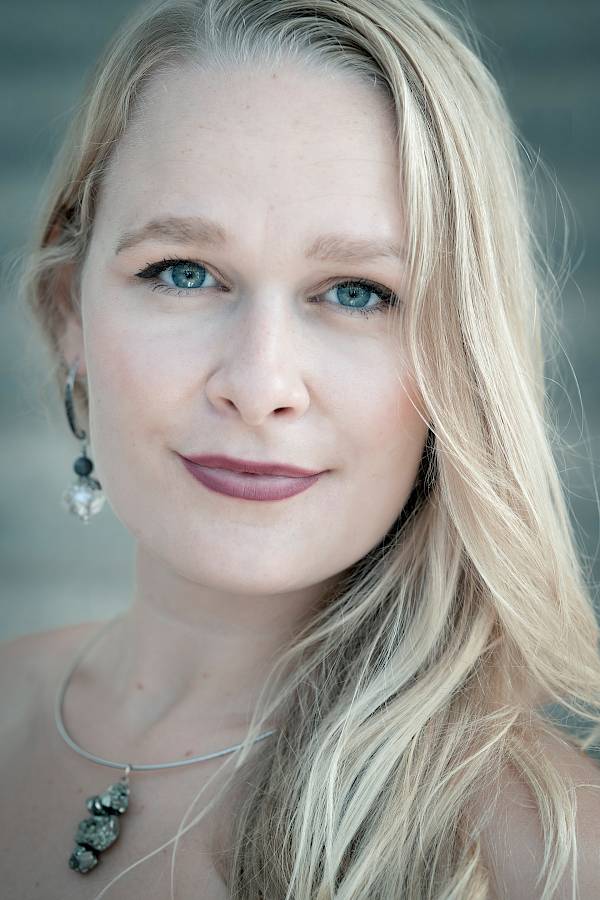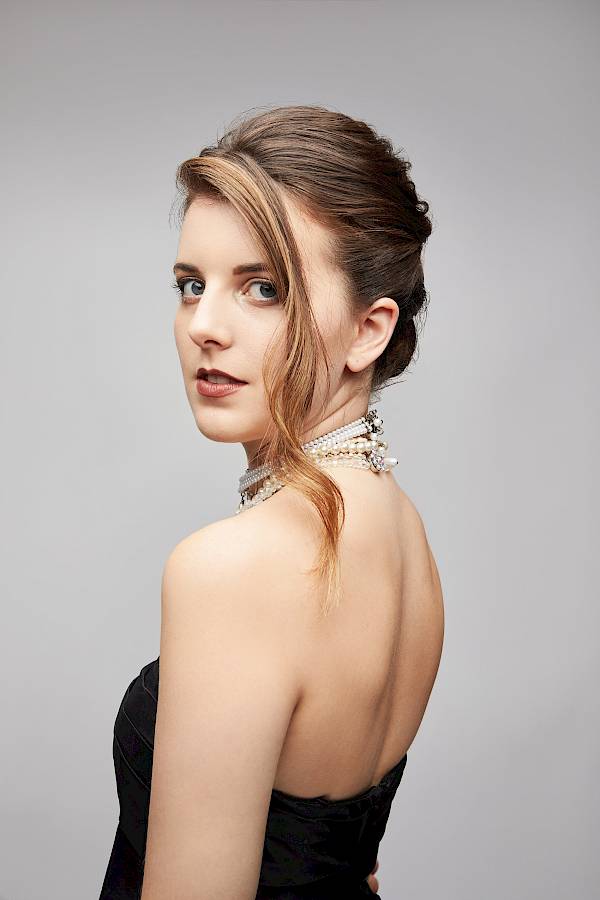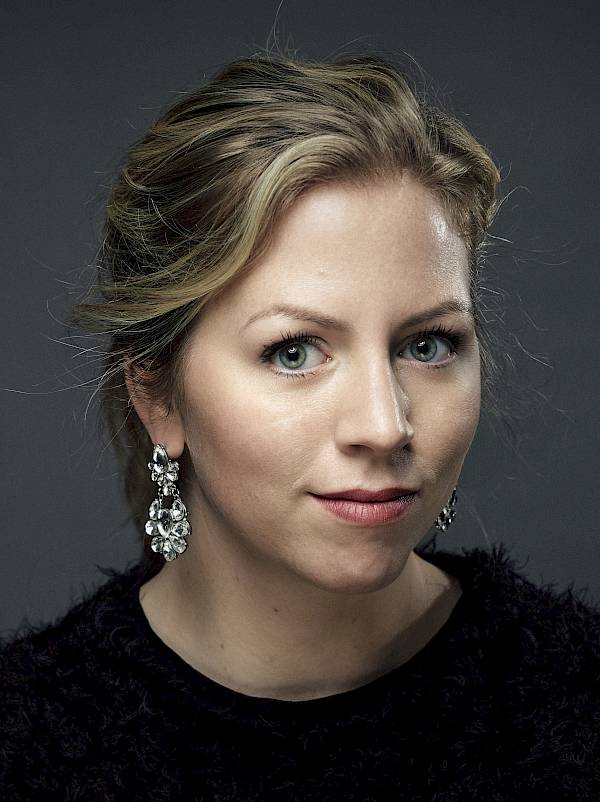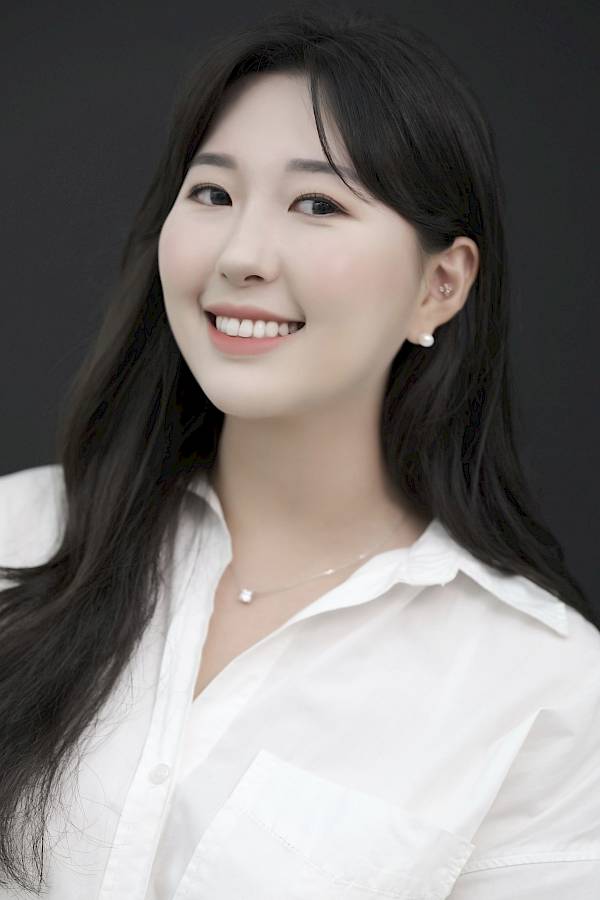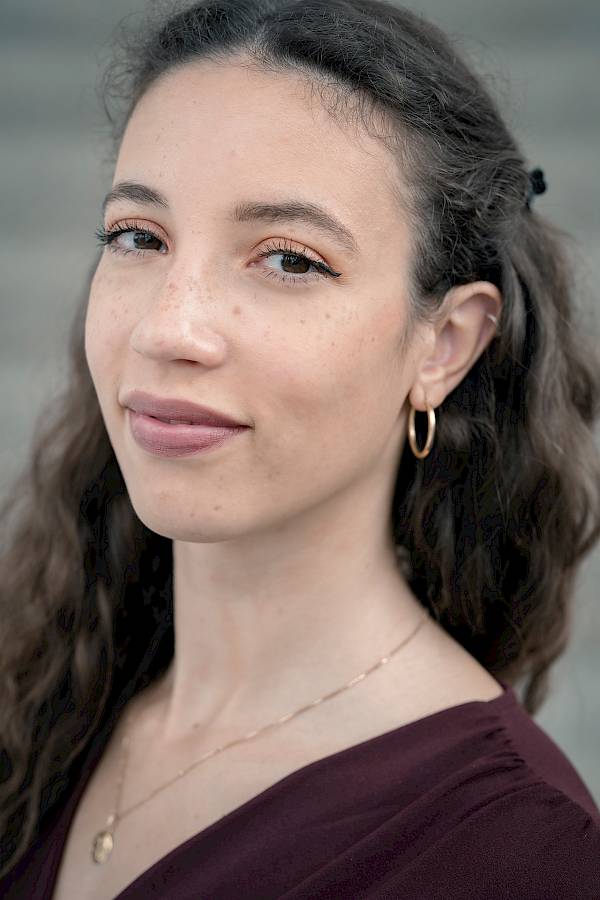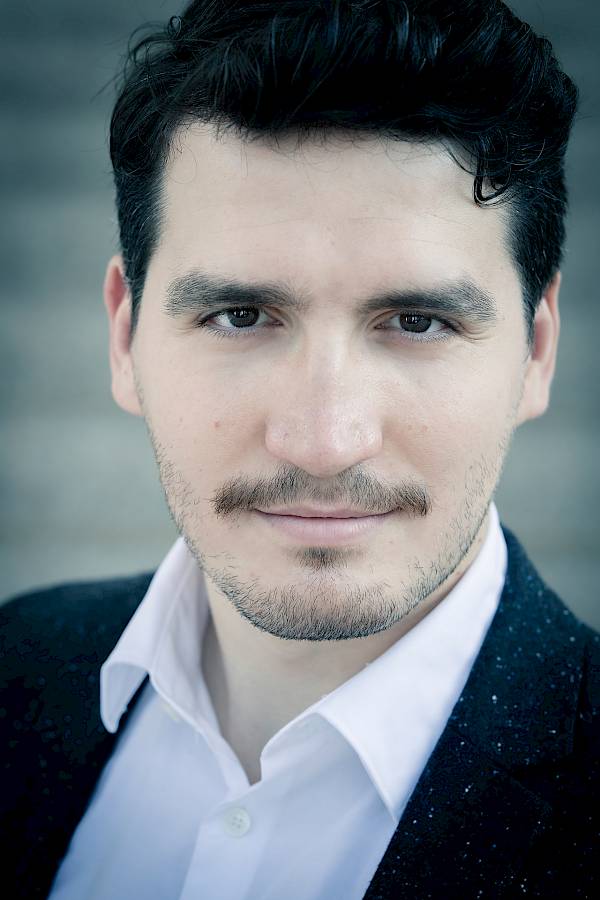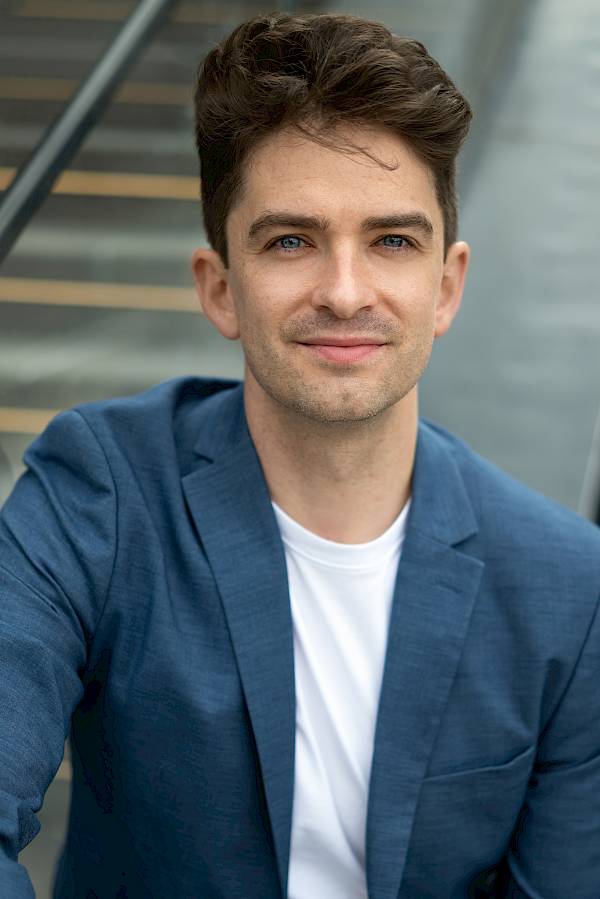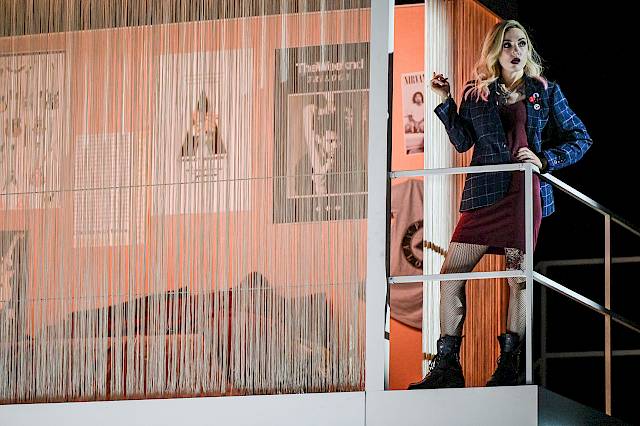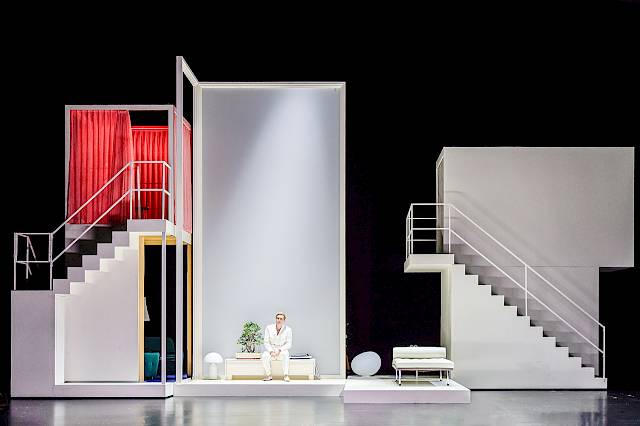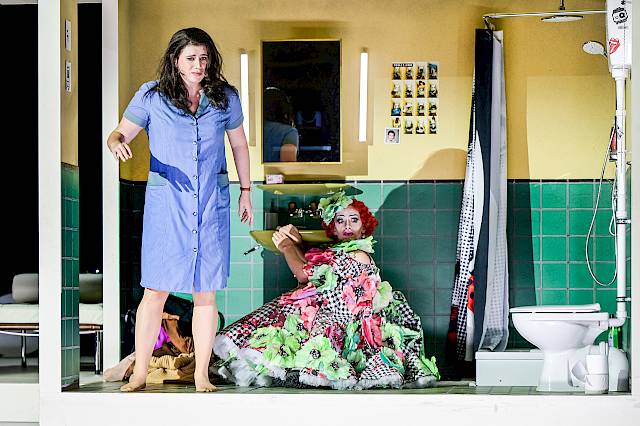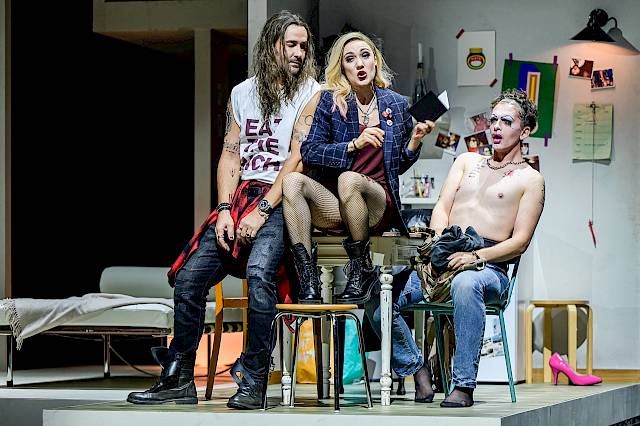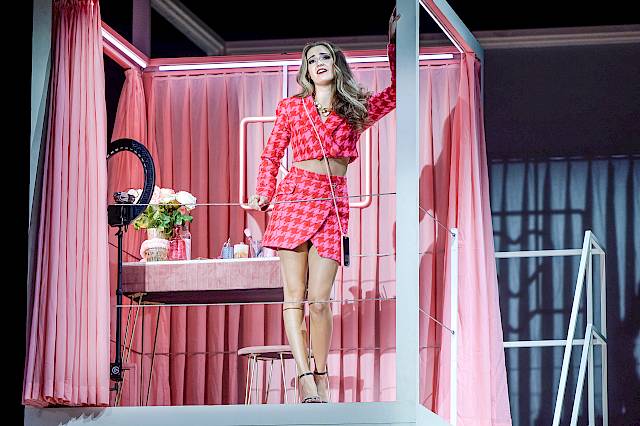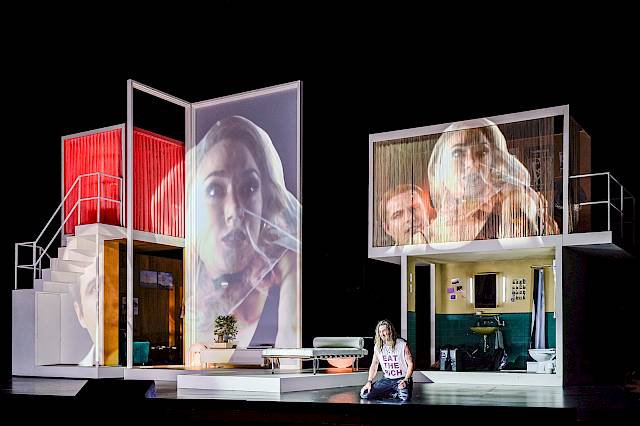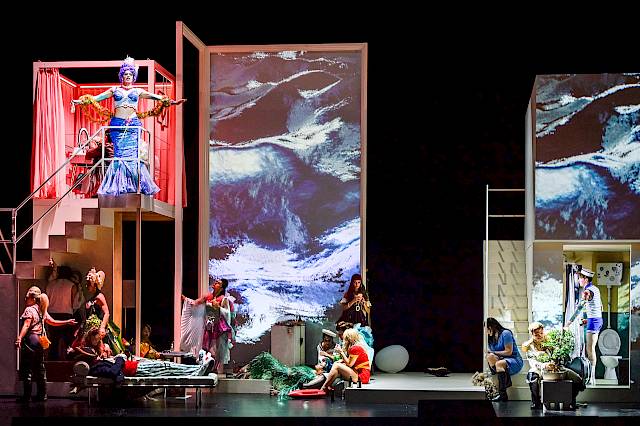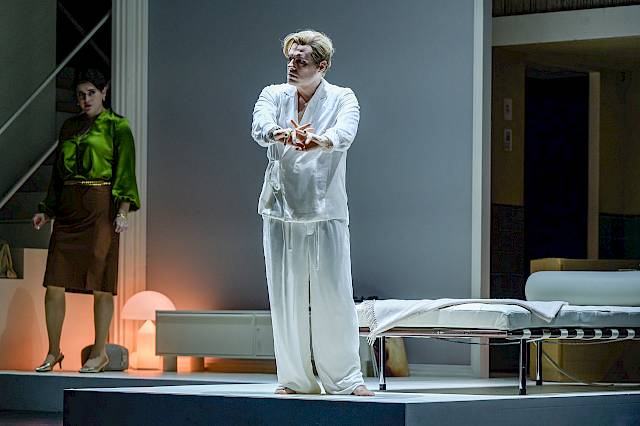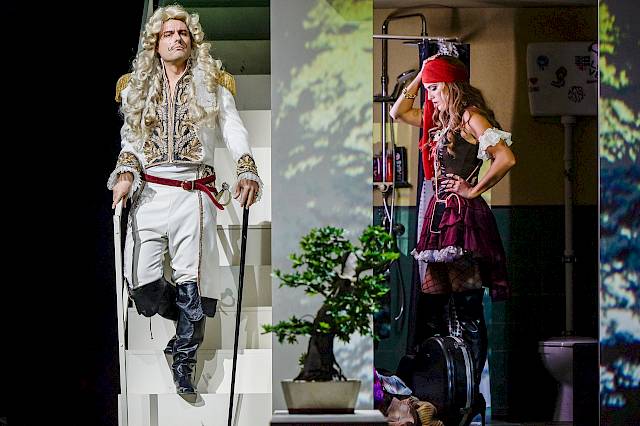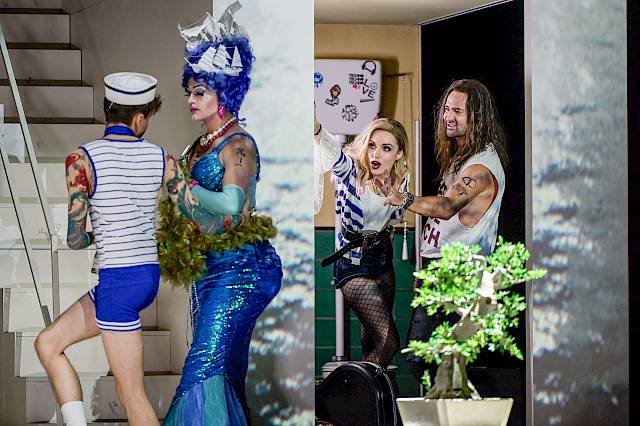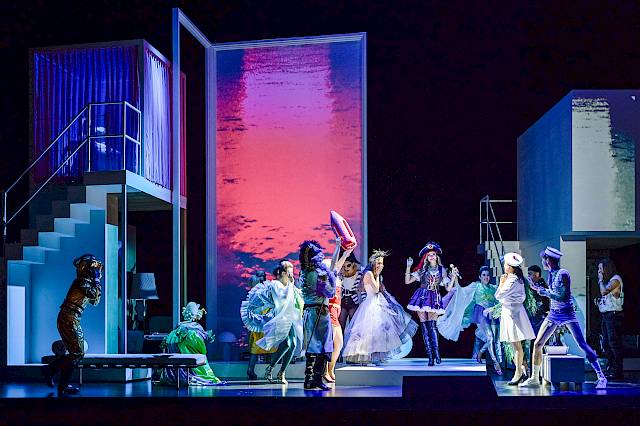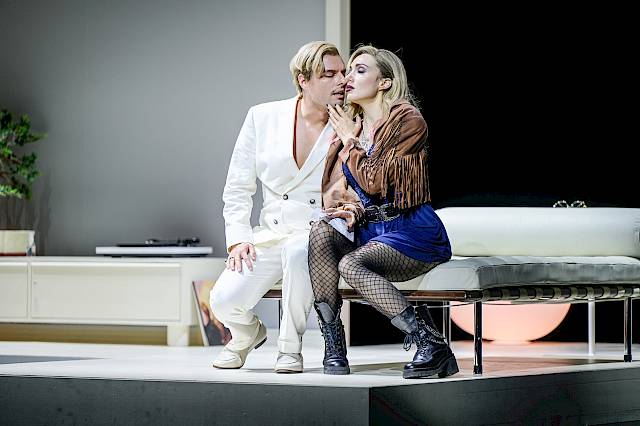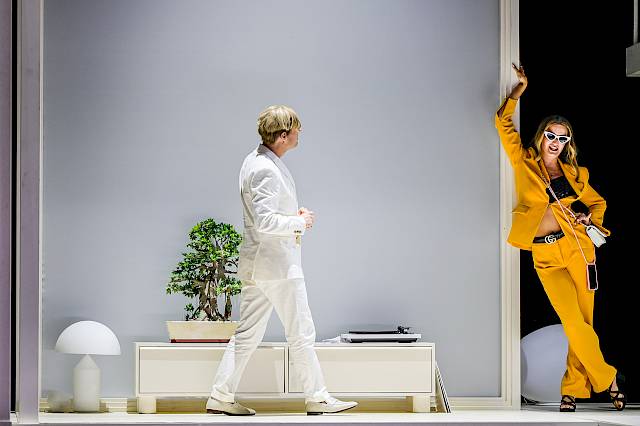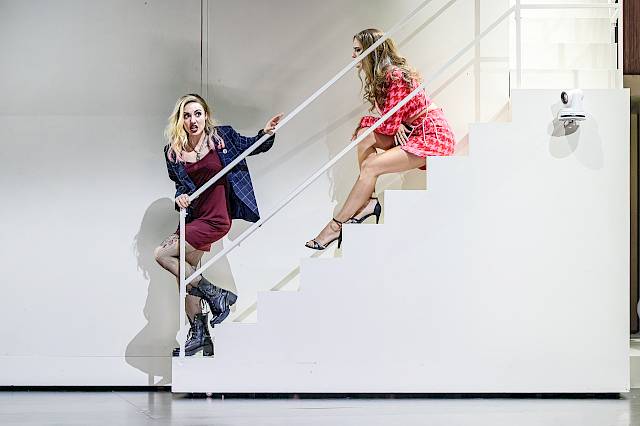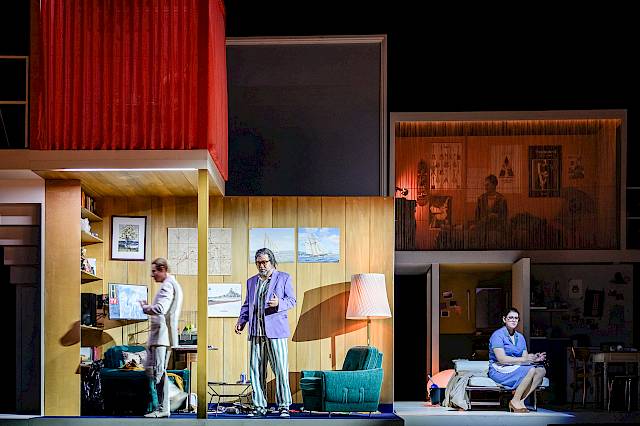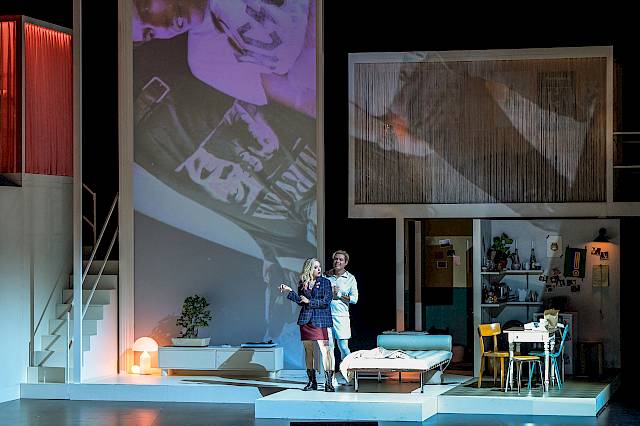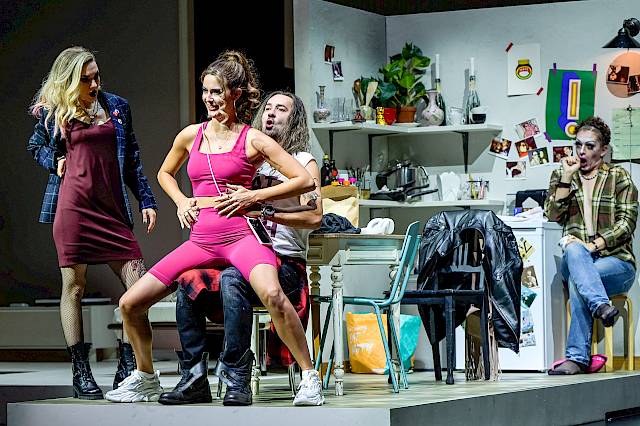Abstract
«Ombra mai fù» is one of the most beloved arias of the Baroque era. It’s a piece of music as well-known as Schubert’s «Ave Maria». What’s less well known is that this evergreen comes from Georg Friedrich Handel’s third-to-last opera Serse, and it isn’t as nearly as staid and buttoned-up as it first appears. «Ombra mai fù» opens the opera, showing how the ruler Serse (Xerxes) contentedly surrenders to the verdant, cooling beauty of nature. But this is but the calm before the storm. For Serse’s object of desire suddenly transforms from a leafy plane tree into a female figure: Romilda, the fiancée of his brother Arsamene. What happens next – an intricate pursuit of intrigues and misunderstandings – provides the characters (a betrayed bride, two unhappy lovers, a scheming sister, and a clumsy servant) with the entire spectrum of human emotion, from rage, jealousy, and disappointment to the greatest heights of blissful love. In the process, Handel portrays his title figure in a complex way. Serse, a sovereign, is never really in charge of his actions, but is helplessly at the mercy of his desires and human shortcomings. The opera failed with audiences at its premiere in 1738. But today, Serse is considered one of Handel’s most popular works. At the Theater Winterthur, young Swiss director Nina Russi, together with the members of the International Opernstudio, traces the psychological undercurrents of this work, which will be conducted by Greek Baroque specialist Markellos Chryssicos.


